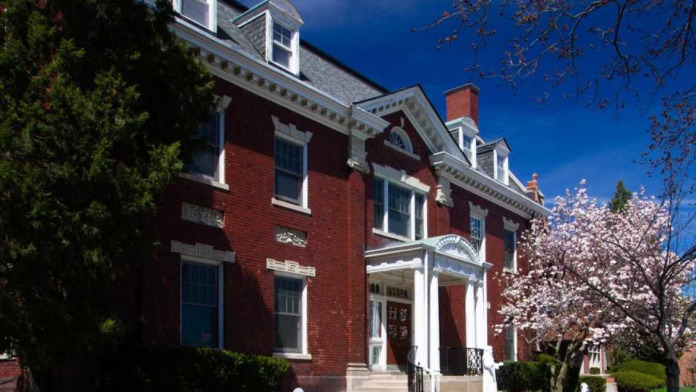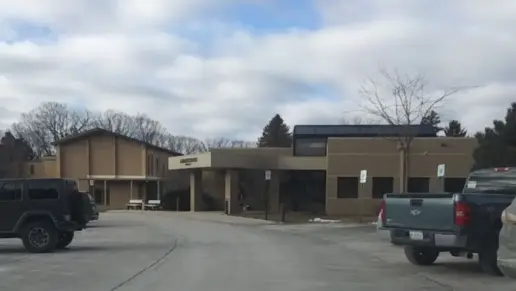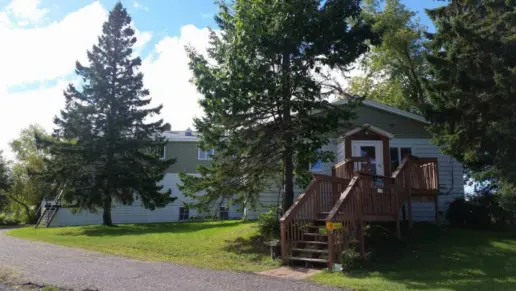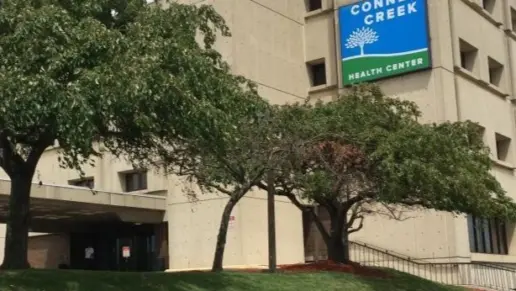About Capuchin Soup Kitchen – Jefferson House
The Capuchin Soup Kitchen - Jefferson House is a 12 Step based substance abuse program in Detroit, Michigan. Adults who qualify can receive residential and general outpatient care. Other services provided by Capuchin Soup Kitchen include spiritual support, work support and a meal program.
The residential program is available to men by referral from other inpatient programs. The group recovery model has a substance abuse counselor overseeing private meetings where participants share their struggles and experiences while learning coping and sober living skills. Narcotics Anonymous and Alcoholics Anonymous meetings also make up the general outpatient program.
What I like most about treatment at this facility is that program participants have the opportunity to work at the locations to develop work experience. Work opportunities aren’t uncommon in substance abuse treatment, but Capuchin Soup Kitchen differs from many by providing a stipend. By comparison, many programs focus solely on the work itself serving as a means to avoid relapse. I like the added layer of financial support Capuchin Soup Kitchen provides, as it can give participants an added sense of value.
Rehab Score
Gallery

Location
Other Forms of Payment
Financial aid can take many forms. Centers may have grants or scholarships available to clients who meet eligibility requirements. Programs that receive SAMHSA grants may have financial aid available for those who need treatment as well. Grants and scholarships can help you pai for treatment without having to repay.
Addiction Treatments
Levels of Care
Treatments
The goal of treatment for alcoholism is abstinence. Those with poor social support, poor motivation, or psychiatric disorders tend to relapse within a few years of treatment. For these people, success is measured by longer periods of abstinence, reduced use of alcohol, better health, and improved social functioning. Recovery and Maintenance are usually based on 12 step programs and AA meetings.
Drug rehab in Michigan provides personalized treatment to help individuals break this cycle and regain control of their lives. Treatment methods are used in various levels of care, including inpatient rehab, partial hospitalization programs, intensive outpatient programs, and standard outpatient treatment.
Many of those suffering from addiction also suffer from mental or emotional illnesses like schizophrenia, bipolar disorder, depression, or anxiety disorders. Rehab and other substance abuse facilities treating those with a dual diagnosis or co-occurring disorder administer psychiatric treatment to address the person's mental health issue in addition to drug and alcohol rehabilitation.
Opioid rehabs specialize in supporting those recovering from opioid addiction. They treat those suffering from addiction to illegal opioids like heroin, as well as prescription drugs like oxycodone. These centers typically combine both physical as well as mental and emotional support to help stop addiction. Physical support often includes medical detox and subsequent medical support (including medication), and mental support includes in-depth therapy to address the underlying causes of addiction.
Substance rehabs focus on helping individuals recover from substance abuse, including alcohol and drug addiction (both illegal and prescription drugs). They often include the opportunity to engage in both individual as well as group therapy.
Programs


Clinical Services
Group therapy is any therapeutic work that happens in a group (not one-on-one). There are a number of different group therapy modalities, including support groups, experiential therapy, psycho-education, and more. Group therapy involves treatment as well as processing interaction between group members.
In individual therapy, a patient meets one-on-one with a trained psychologist or counselor. Therapy is a pivotal part of effective substance abuse treatment, as it often covers root causes of addiction, including challenges faced by the patient in their social, family, and work/school life.
Creative arts therapy can be a helpful part of addiction treatment because it allows you to connect with others, explore your inner thoughts and emotions, and gain new perspectives on difficult situations. Methods include dance, drama, art, music, and literature.
Amenities
-
Residential Setting
-
Private Rooms
Accreditations

The Commission on Accreditation of Rehabilitation Facilities (CARF) is a non-profit organization that specifically accredits rehab organizations. Founded in 1966, CARF's, mission is to help service providers like rehab facilities maintain high standards of care.
CARF Accreditation: Yes
Contact Information
8311 E Jefferson Ave
Detroit, MI 48214


